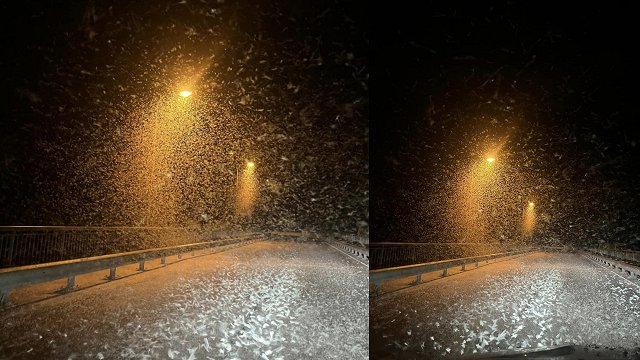The first news of the bears in the vicinity of the Brenguļu Parish was in the spring, but then people looked at it with great skepticism. Now they admit – the big animals are making themselves feel more and more at home.
Resident Zane said the presence of bears is already starting to worry her: "They have appeared here this year since winter. They're too close to home to go mushrooming safely." Traces of bears have been observed in the garden, and fears are also about the fate of dogs and cats when faced with the great wild beast.
Zane said the last time the bear's prints were seen recently near her home, on Gauja Beach. The bear had also been seen outside the Brenguļu station.
Last year at least 70-80 bears lived in Latvia, and researchers predict that their numbers will continue to grow.
The leading bear researcher of the Latvian National Forestry Science Institute, Jānis Ozoliņš, said that there was new evidence of bear reproduction and winter-born bears: “There is no reason to think that the bear population will not grow. In fact, its rapid increase started four, five years ago, when the first evidence of bears' breeding on the territory of Latvia was found."
Currently, the largest number of bears is in North Vidzeme – Limbaži municipality, Valmiera municipality, Valka, Alūksne side, as well as Russia and Belarus border area in Latgale.
Ozolins predicted that the bear had returned to stay in Latvia, and people would see it more and more frequently.
“It does not require anything more than caution on the part of the people and being aware that in direct contact with the bear, the animal is physically superior,” the researcher recalled.
Scientists are still monitoring the bear population, but it can already be argued that they have developed their own self-reproducing number.
However, that doesn't mean there will be a need to reduce the bear population or start hunting in the near future.




























